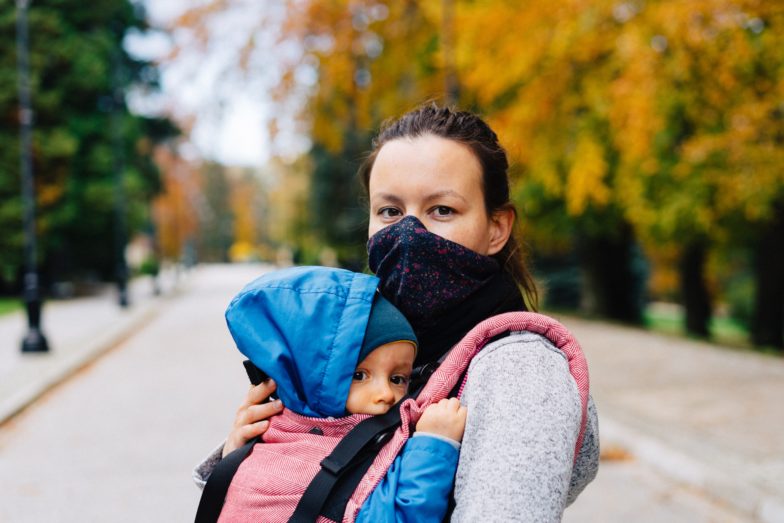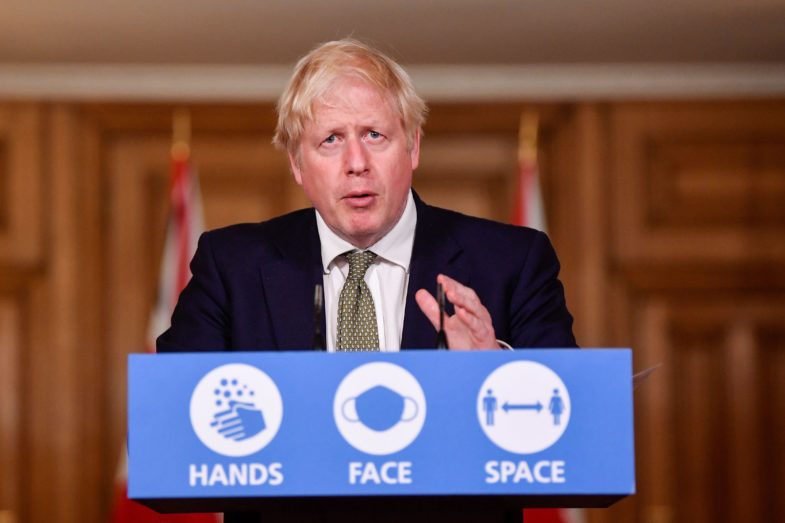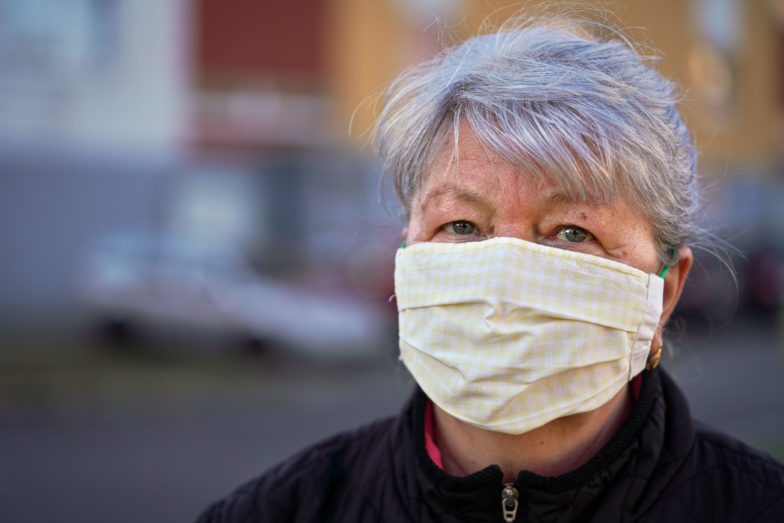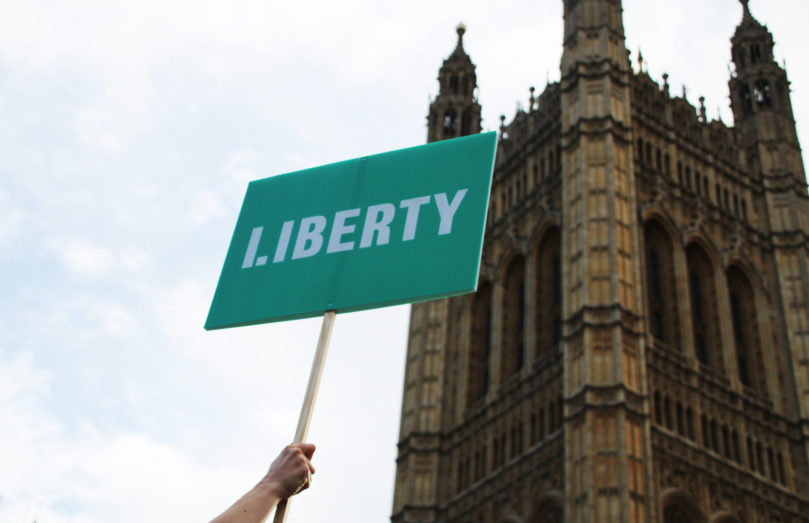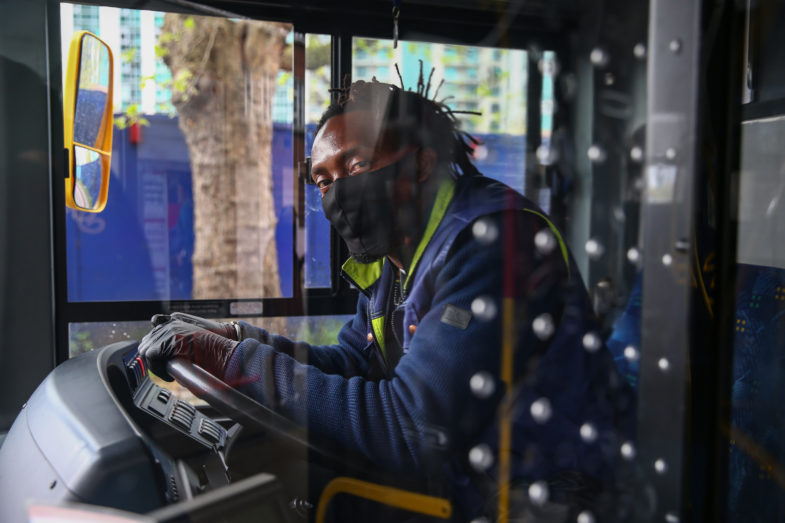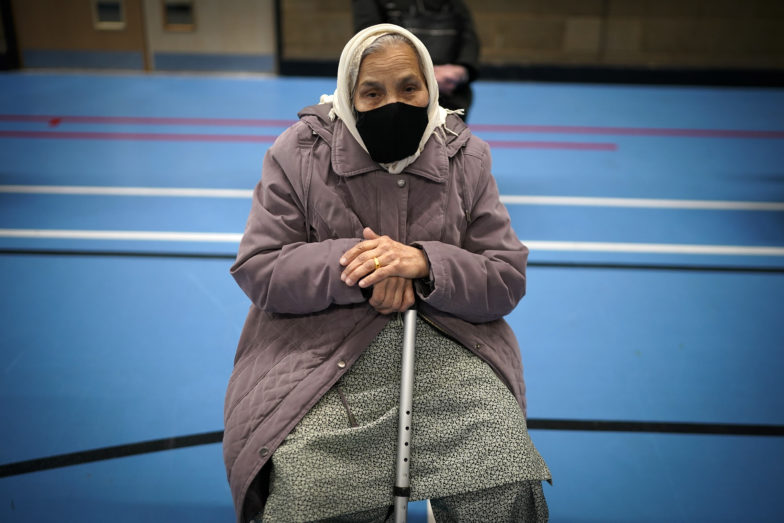Issues
What we're working on
Find out more about some of the most important human rights issues in the UK today and what Liberty is doing.
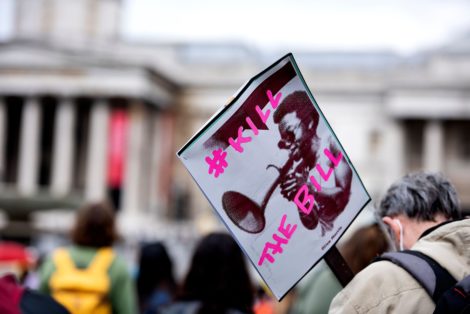

Join us
Join thousands of people across the UK who believe in standing up to power and defending our rights.
Become a member
